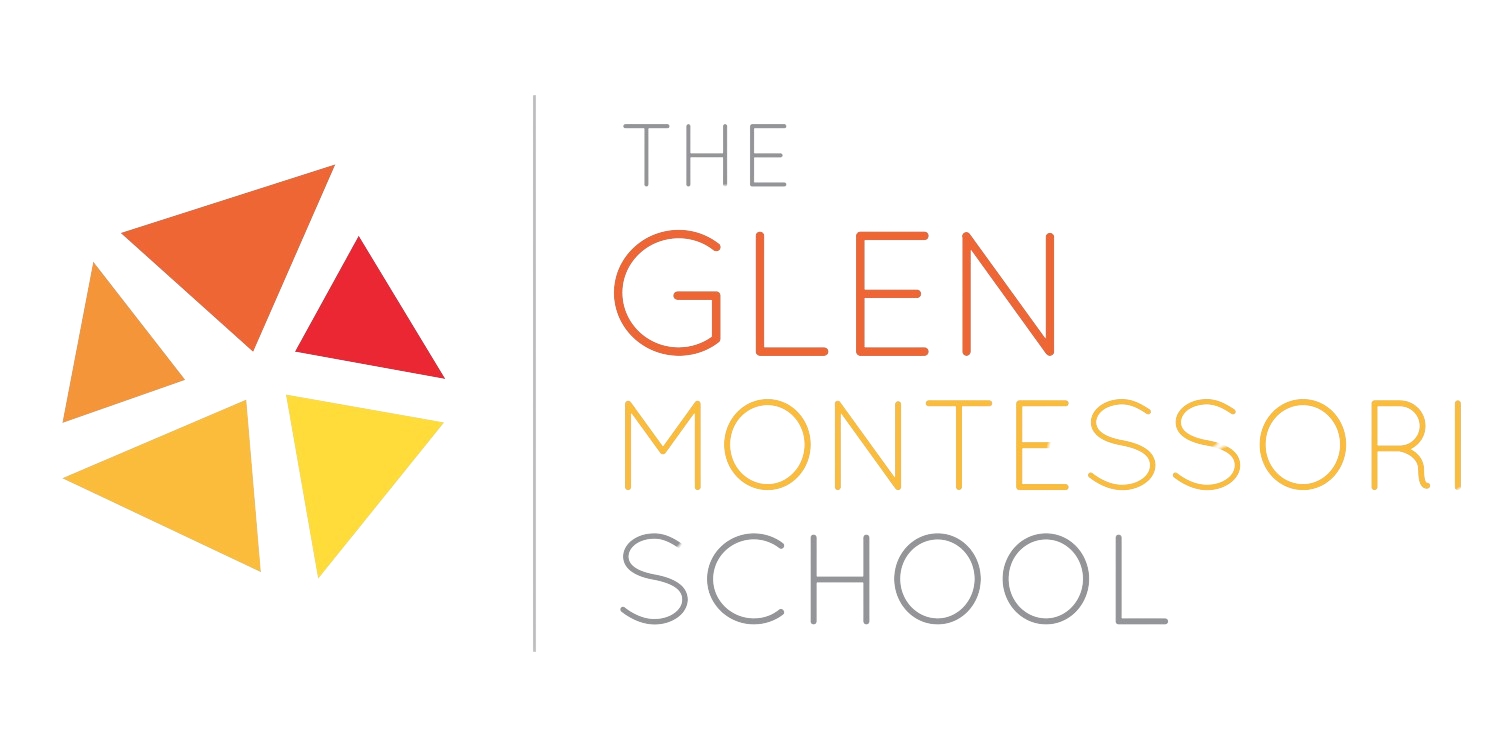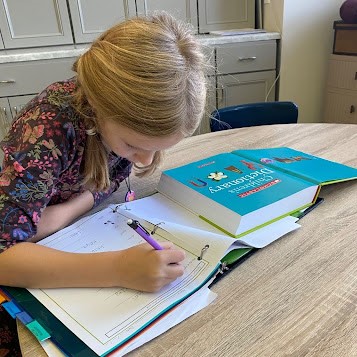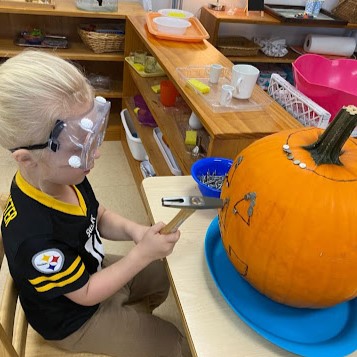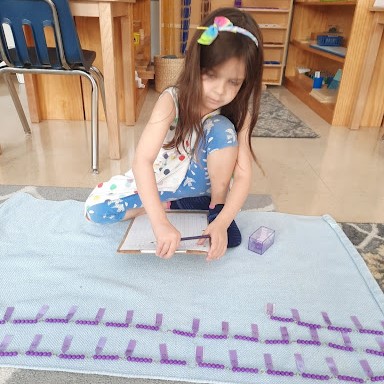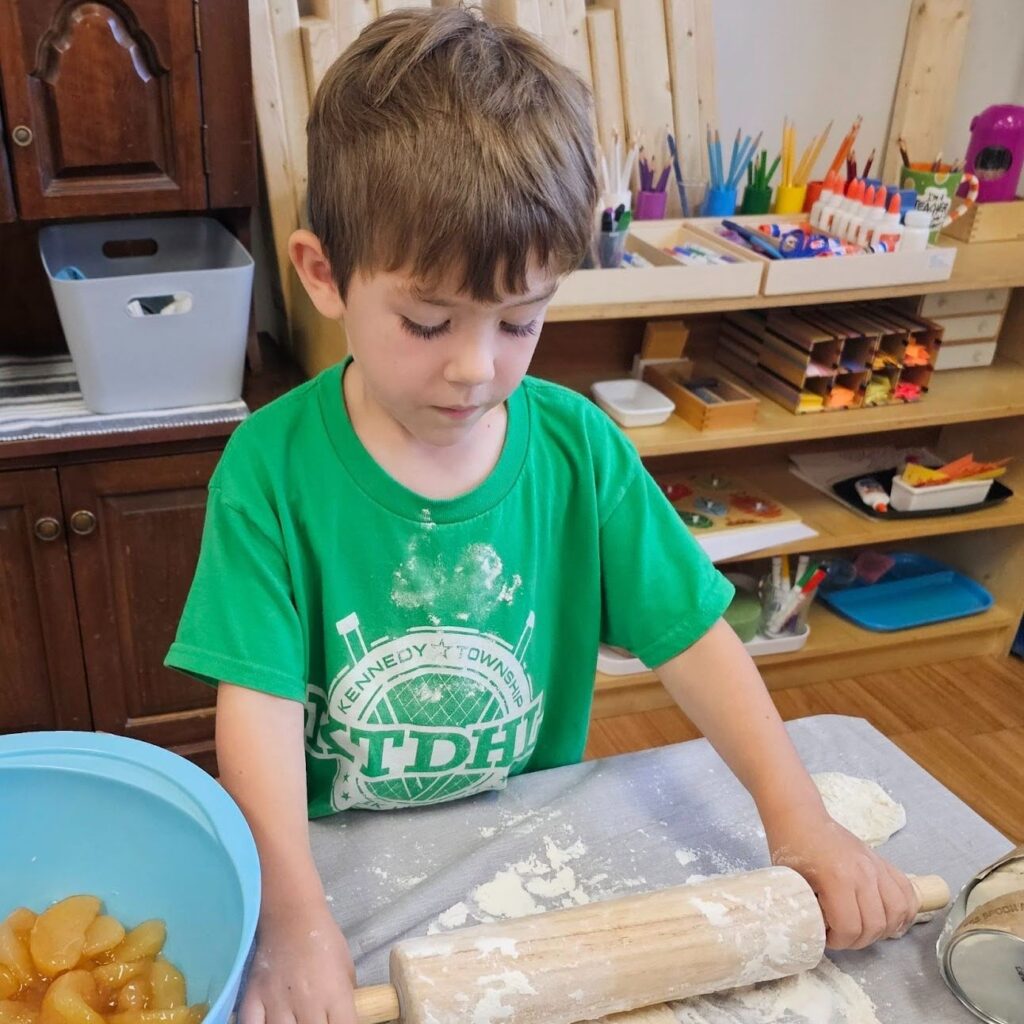Fostering Independence
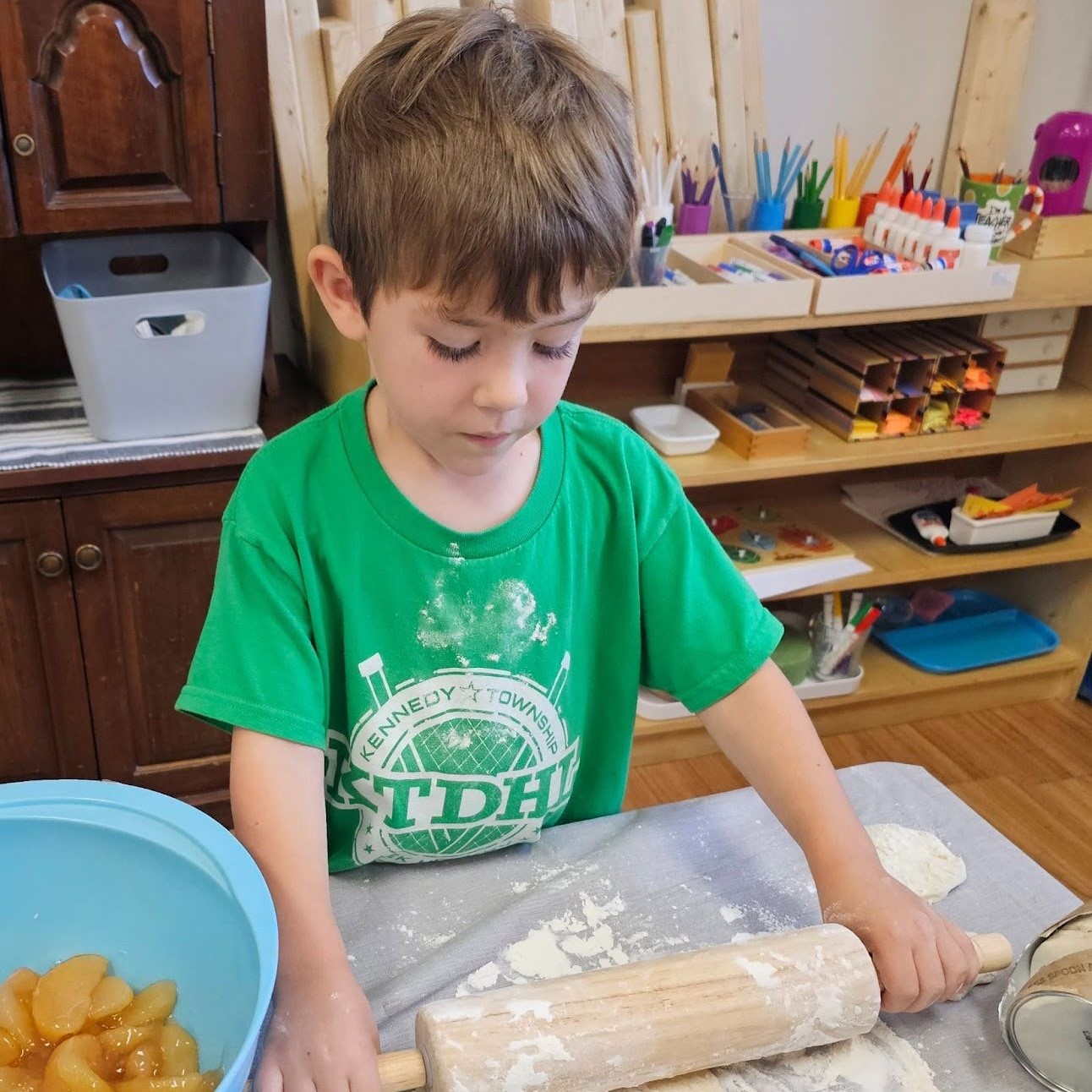
Fostering Independence
“The child who has never learned to act alone, to direct his own actions, to govern his own will, grows into an adult who is easily led and must always lean upon others.”
-Dr. Maria Montessori, Citizen of the World
The goal of Montessori education is to create lifelong learners. To become a truly lifelong learner, one must have the ability to think critically and solve problems. However, individuals must believe in their abilities to solve problems. This belief in one’s abilities comes only after a history of success. In Montessori classrooms, we build this foundation of success with independence and focus.
Every material in the Montessori learning environment serves a specific educational purpose—whether related to math, reading, or sensory discernment—but the two overarching goals in a Montessori-prepared environment are always independence and focus. This intentional design allows children to engage deeply with the materials, fostering the intrinsic motivation to learn and explore.
Encouraging independence does not mean the Montessori teacher abandons the child to their own devices. Rather, the teacher enables the child to trust their intelligence and capabilities. This process of support and empowerment develops the child’s sense of confidence, perseverance, and inquisitiveness. The teacher presents appropriately challenging lessons and provides guidance while allowing the child the space to analyze, troubleshoot, and discover independently.
“Independence is not a static condition; it is a continuous conquest, and in order to reach not only freedom, but also strength, and the perfecting of one’s powers, it is necessary to follow this path of unremitting toil.”
-Dr. Maria Montessori, The Absorbent Mind
When children experience the satisfaction of choosing work and triumphantly accomplishing the task themselves, they feel a reserve of fortitude that allows them to take risks in the future. This feeling of empowerment inspires children to tackle increasingly challenging work limited only by their interests.
Moreover, this independence fosters a sense of ownership over the child’s educational journey, encouraging the child to set goals and enthusiastically pursue knowledge. As they navigate challenges, they develop resilience—a skill that extends well beyond the classroom. In this way, the emphasis on independence nurtures the whole child.
“In these times, more than ever before, we hope that education will offer an aid to better the condition of the world. ”
-Dr. Maria Montessori, The 1946 London Lectures



